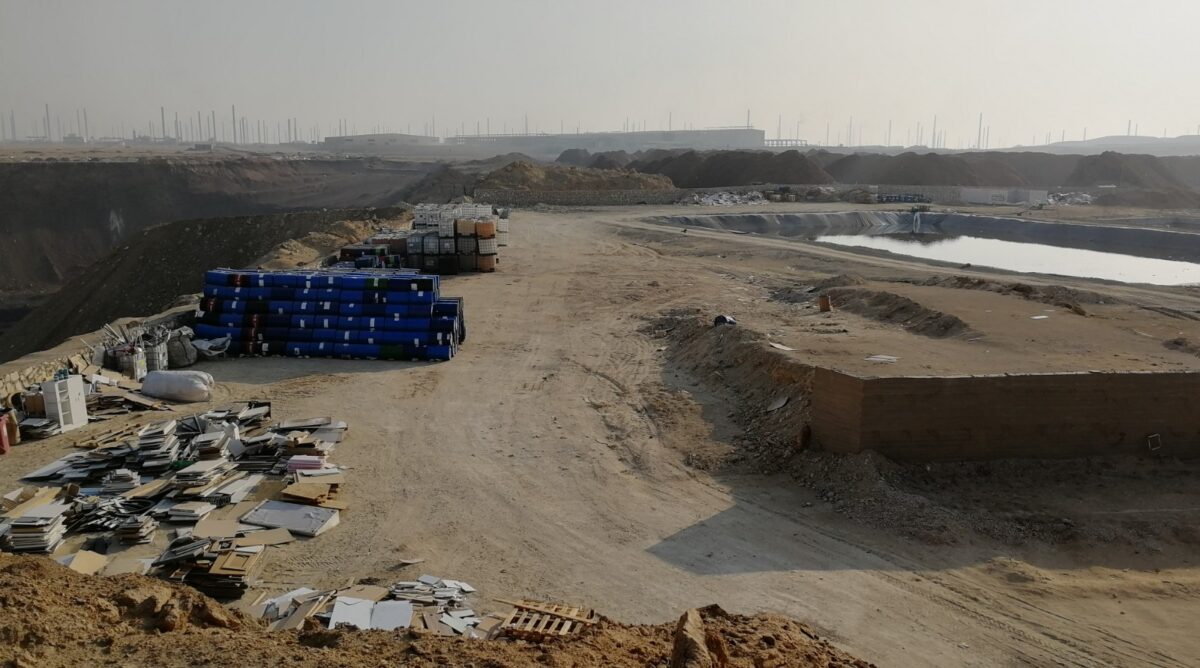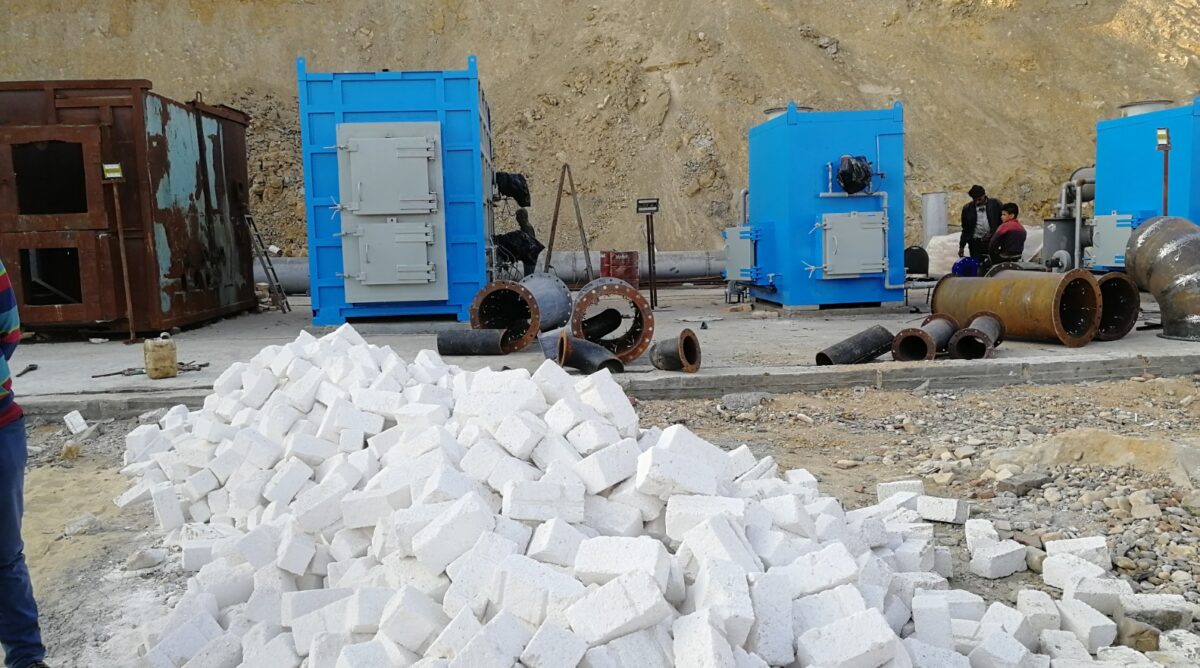Project details
Hazardous Waste
A thorough study of the status quo of industrial hazardous waste management in Egypt was performed through a combination of stakeholder consultation rounds, knowledge exchange with local and international experts, background research, and experience in the MENA region. This combination of actions set up the ground for BFS to assess the local situation and develop a proper strategy for the management of industrial hazardous waste in the country.
German Benchmark
Germany is well known for its developed technologies and innovative policymaking in waste management. Therefore, the German legal framework, technical capacities, and financial systems were employed as a benchmark for the development of the national hazardous waste management strategy.
Pilot Project
Besides implementing the recommended measures, BFS suggested starting with a pilot project in one of the industrial cities in Egypt. The pilot project consists of constructing a thermal treatment facility equipped with a rotary kiln that would receive specific types of hazardous waste generated at 10th of Ramadan City (including the Robbiki leather cluster).





